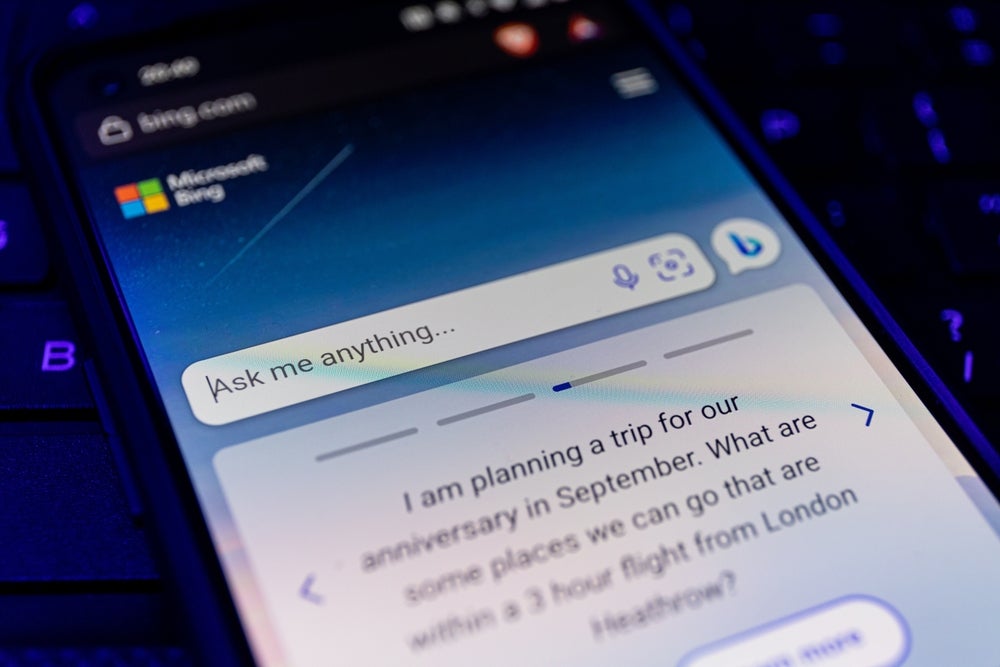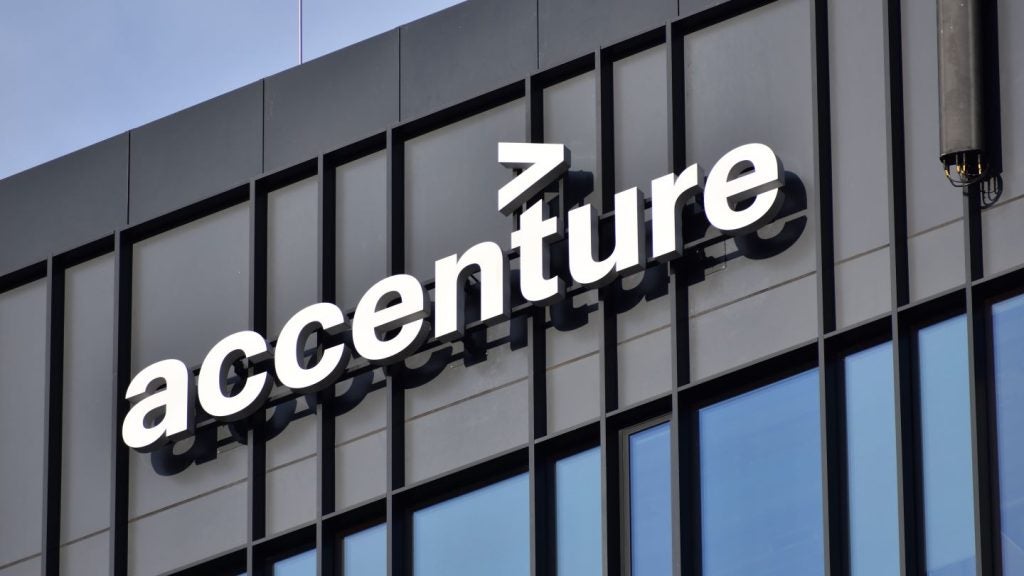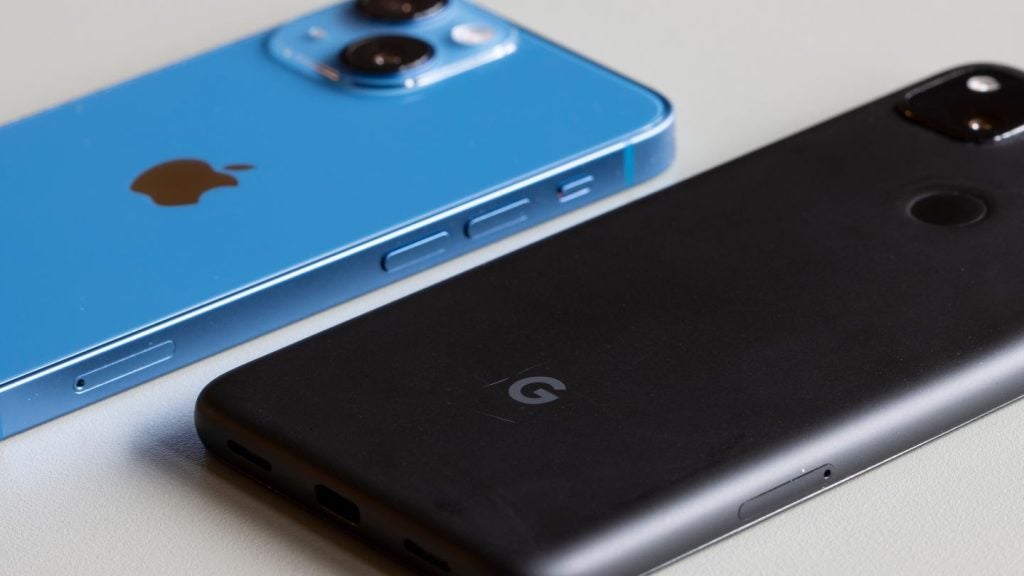
Microsoft has announced it will pay any legal damages for customers that get sued for copyright infringement while using its artificial intelligence (AI) products.
The tech giant said it will take full responsibility for potential legal risks that arise from customer’s using the product – as long as the user has used the products’ “guardrails and content filters”.
Microsoft, which has invested heavily into ChatGPT-creator OpenAI, has continued to include generative AI in a huge range of its products. Earlier this year, Microsoft powered its Bing search engine with a ChatGPT style chatbot to “reinvent” the way people search.
Generative AI has been pushed into the mainstream since OpenAI released ChatGPT in November 2022. Despite rising to immense popularity, recording 100 million active daily users in January, the application has come under fire from experts and lawmakers.
The free consumer version has consistenlyt been criticised for the lack of clarity around personal data collection. Most recently, Italy banned use of the chatbot after expressing concern on how it was collecting users’ personal information.
Another point of concern surrounding ChatGPT is the amount of factual inaccuracies that have been reported by users. However; according to OpenAI CEO Brad Lightcap, the new GPT-4 model, which the application has been using since March, is less likely to make things up than the previous.
In July, both Microsoft and OpenAI were sued by 16 individuals that claimed OpenAI collected and divulged their personal data without consent.
According to the complaint, filed in a federal court in San Francisco by individuals operating under pseudonyms, the two businesses failed to abide by the law when obtaining data to train their AI models, including ChatGPT, The Register reported.
The complaint claims Microsoft and OpenAI violated America’s Electronic Privacy Communications Act by the collection and use of private data, as well as unlawfully intercepting communications between users and third-party services via integrations with AI products including ChatGPT.







